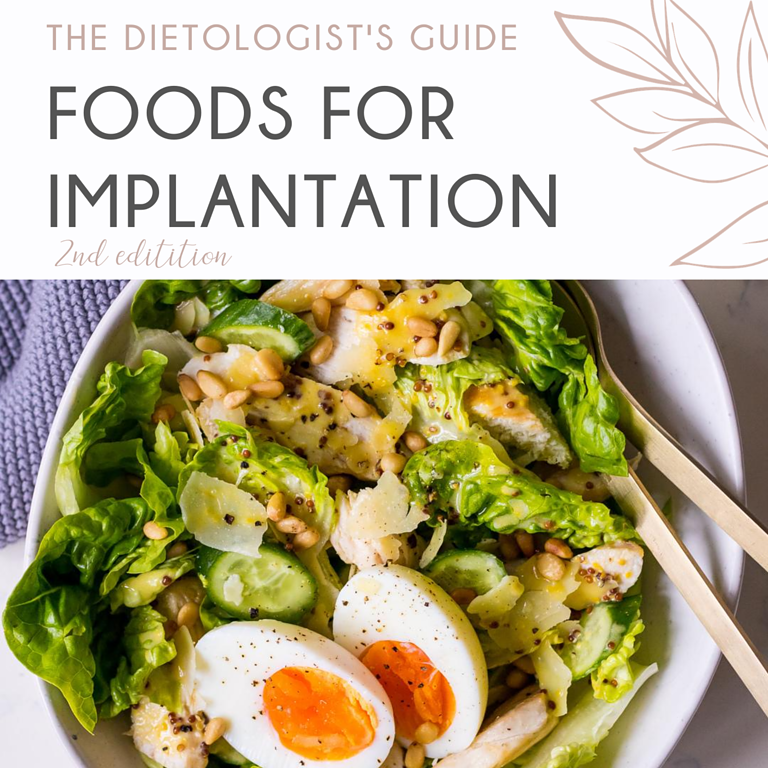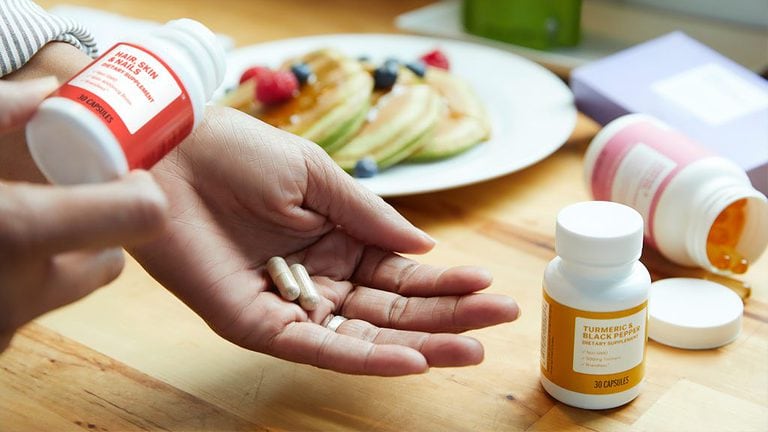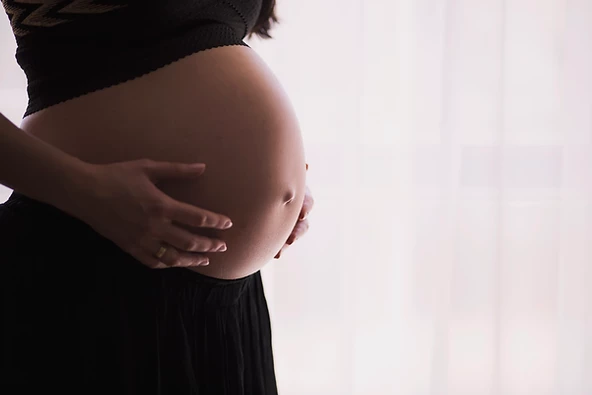As fertility dietitians, we often come across a myth that is …gluten is universally bad for fertility. Here at The Dietologist, we are passionate about helping individuals understand how their dietary choices can impact their ability to conceive.
So let’s explore the research and science on how gluten can affect your fertility so you can make an informed decision before slashing bread, pasta and other grains from you diet!
What is gluten?
Gluten is a mixture of proteins found in certain grains like wheat, barley, rye, triticale, and spelt. It gives dough its elasticity, allowing it to rise and keep its shape. These proteins are therefore found in a range of foods from pasta, bread, porridge, breakfast cereals, and beer – just to name a few.

Coeliac Disease and Fertility
Coeliac disease is an autoimmune condition affecting about 2% of females and males who are planning a pregnancy and can be a factor to consider in the world of unexplained infertility (Glimberg et al., 2021). If you have coeliac disease, you may experience challenges on your fertility journey.
Coeliac disease affects the small intestine specifically the villi or finger-like projections which are responsible for extracting some key nutrients from your food.
Due to the autoimmune and inflammatory reaction in people with Coeliac Disease after eating a gluten-containing food (even the tiniest amount) over time this can lead to blunting of the villi, leading to nutrient malabsorption specifically iron, calcium and sometimes vitamin D, inflammation, and has been linked to impacts on male and female fertility when left unmanaged and/or undiagnosed.
Research suggests that women with untreated Coeliac Disease have a higher risk of infertility and recurrent miscarriages (Butler et al., 2011). Following a strict gluten-free diet is crucial for optimising fertility outcomes in individuals with coeliac disease and a dietitian should be involved from your diagnosis till birth to ensure your nutrition is optimised throughout!
Listen to more info about How Coeliac Disease Affects Fertility on our podcast episode with Sally Marchini APD here.
Non-Coeliacs and Fertility
If Coeliac Disease has been ruled out through sufficient testing with your medical team, current research suggests that there is no specific benefit to avoiding gluten for the average person who is trying to conceive.
So, following a strict gluten-free diet can be highly restrictive and may limit the variety of foods in your diet, potentially impacting your overall nutritional status.
Therefore, unless there are specific gluten-related sensitivities or medical conditions, it is generally unnecessary and may restrict food choices for those trying to conceive. Commonly this leads to more stress and worry about eating, especially eating out and can impact social life but can also have physical impacts on the diversity of the gut microbiome due to a restriction in certain grains from the diet as well as some nutrients may be at risk, particularly dietary fibre.
Unnecessarily limiting gluten-containing food has been found to be linked to a reduction in key areas such as dietary fibre, due to the reduction in whole grains. In fact, wholegrains have been shown to support the uterine lining thickness for implantation (Gaskins et al., 2016). And interestingly, those following a gluten-free diet have also been shown to have a harder time reaching their nutrient goals of zinc, iodine, and folate.
Want to know more about the best foods to include in your diet to support implantation?
Discover The Key Foods & Recipes To Support Implantation
with The Dietologist’s Food For Implantation eGuide

But some people might benefit from gluten-free
- Some People with Endometriosis: A small study of 200 participants with Endometriosis, who went gluten-free for 12 months showed 75% of participants had an improvement in symptom profile. The study did not measure fertility or inflammation. The other 25% of participants did not show any worsening or improvement of symptom profile (Marziali et al., 2012). So, while more studies are required there is some evidence that some individuals with endometriosis may experience symptom relief by adopting a gluten-free diet. As we know gluten has been implicated in promoting inflammation, and reducing inflammation can help alleviate pain and improve fertility outcomes.
You can read more about the gluten-free diet for endometriosis here.
- Those with Hashimoto’s Thyroiditis: Hashimoto’s thyroiditis is an autoimmune disorder that affects the thyroid gland. It can lead to an underactive thyroid (hypothyroidism), which may impact fertility. In these cases, a trial of a gluten-free diet may help in managing some of the thyroid autoantibodies. We must exclude Coeliac Disease first because the level of strict gluten exclusion for Coeliacs is much higher than those aiming to be gluten-free or significantly reducing gluten in the diet. Whilst being gluten-free will not directly impact your fertility for those with Hashimoto’s, it may help with your thyroid autoantibody management and subsequently may assist with menstrual cycle regularity and ovulation, which naturally increases the chances of conception. However, there is a fair bit of controversy on how effective this really is so it appears that a gluten-free diet is becoming less and less recommended for those with Hashimoto’s (Szczuko et al., 2022).

But when I reduce gluten, I do feel better?!?
If you have ruled out coeliac disease but notice you do actually feel better with fewer gluten-containing foods in your diet, there may be a number of reasons.
Non-Coeliac Gluten Sensitivity (NCGS), also known as non-coeliac wheat or gluten sensitivity, is a condition characterised by adverse symptoms experienced after consuming gluten-containing foods, even though the individual does not have coeliac disease or a wheat allergy.
Another possible explanation is fructan intolerance, a digestive disorder characterised by difficulty in digesting and absorbing fructans, which are a type of carbohydrate found in certain foods. Fructans are a type of oligosaccharide, a chain of sugar molecules, and they are present in various fruits, vegetables, and grains…. including, you guessed it wheat! The symptoms of fructan intolerance can vary, but they often include things like bloating, tummy aches, gas, diarrhea, constipation, and just an overall uncomfortable feeling in your digestive system. To manage fructan intolerance, many people find it helpful to follow a low-fructan or low FODMAP diet, so it’s a good idea to talk to a healthcare professional or dietitian who can provide support for low-FODMAP diets.

What is best for you?
Understanding the intricate relationship between gluten and fertility is unique to you and your health history.
For those with Coeliac Disease, adhering strictly to a gluten-free diet is paramount for general health and fertility. For those with endometriosis and Hashimoto’s thyroiditis, some evidence shows that exploring a gluten-free diet, alongside appropriate medical or dietitian supervision, can be a beneficial step toward optimising fertility outcomes in some cases.
But for Non-Coeliac individuals without any underlying conditions, there is no evidence that a gluten-free diet has any benefit.
Remember, every individual is unique, and it’s important to consult with a healthcare professional, such as a fertility dietitian to tailor a dietary plan that suits your specific needs. By making informed choices, you can empower yourself on your fertility journey. Apply to work with us at The Dietologist here!







